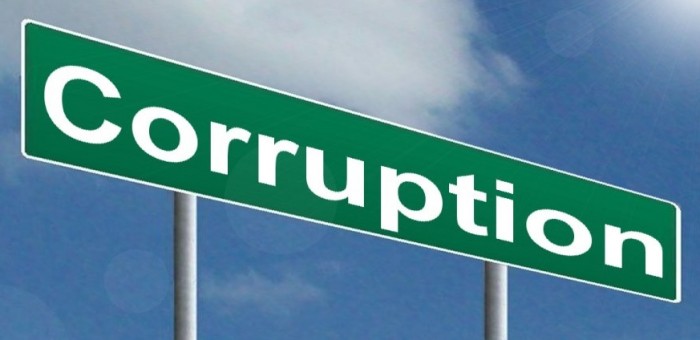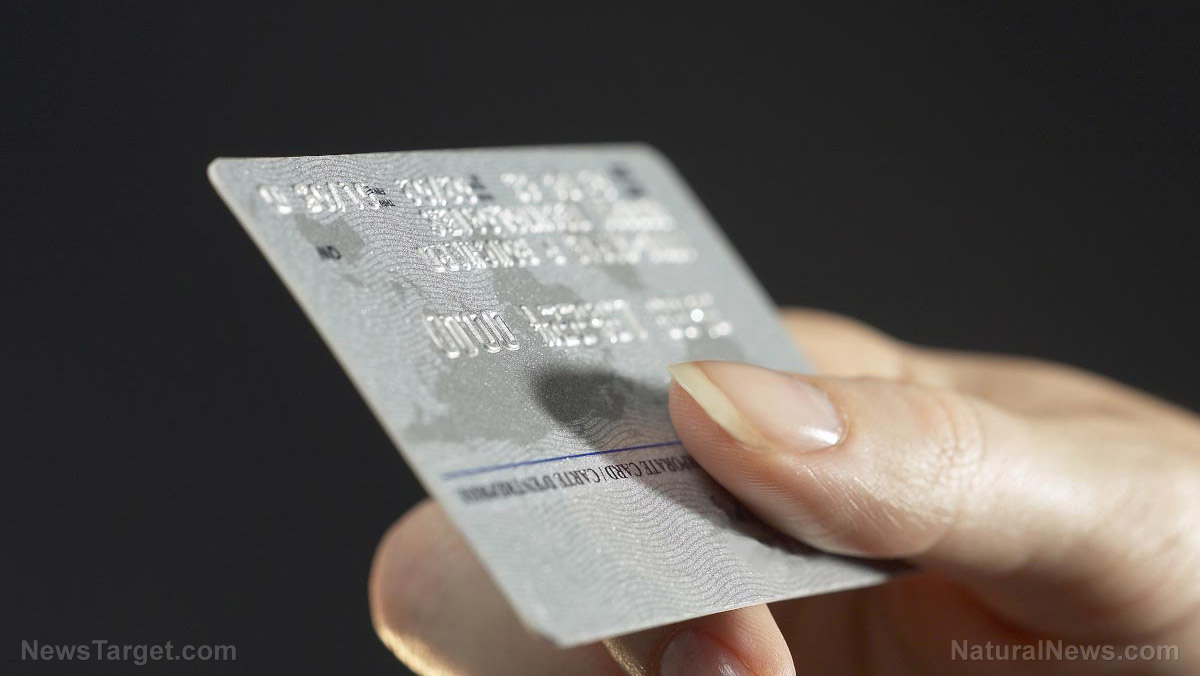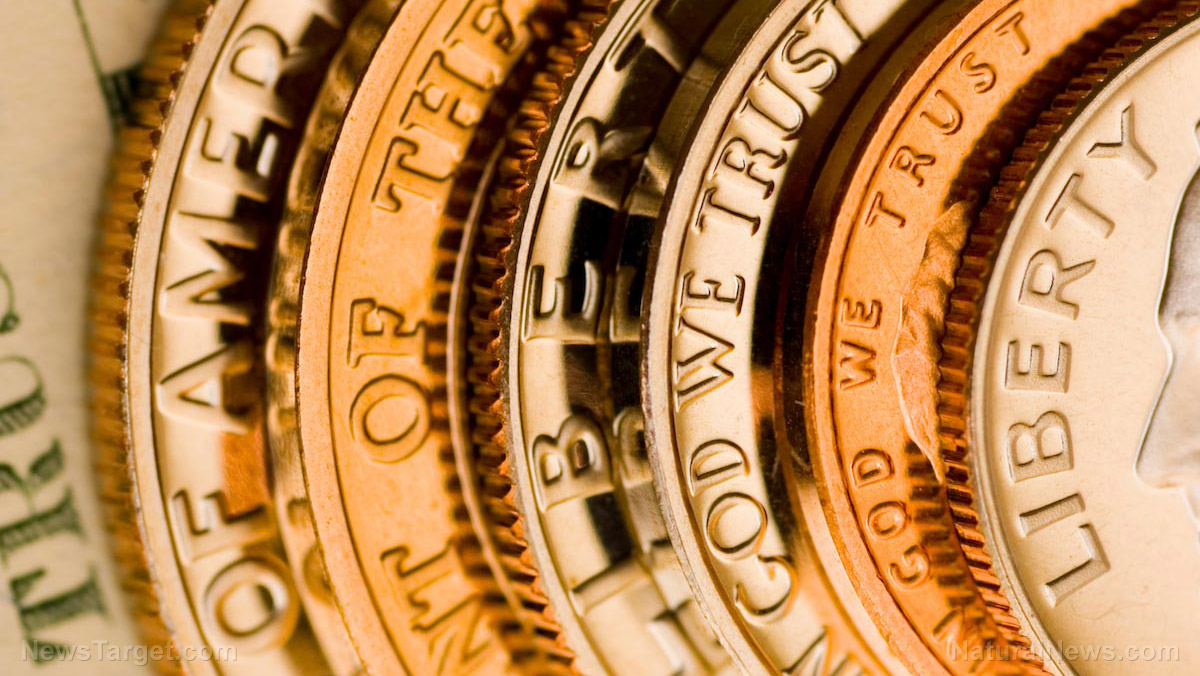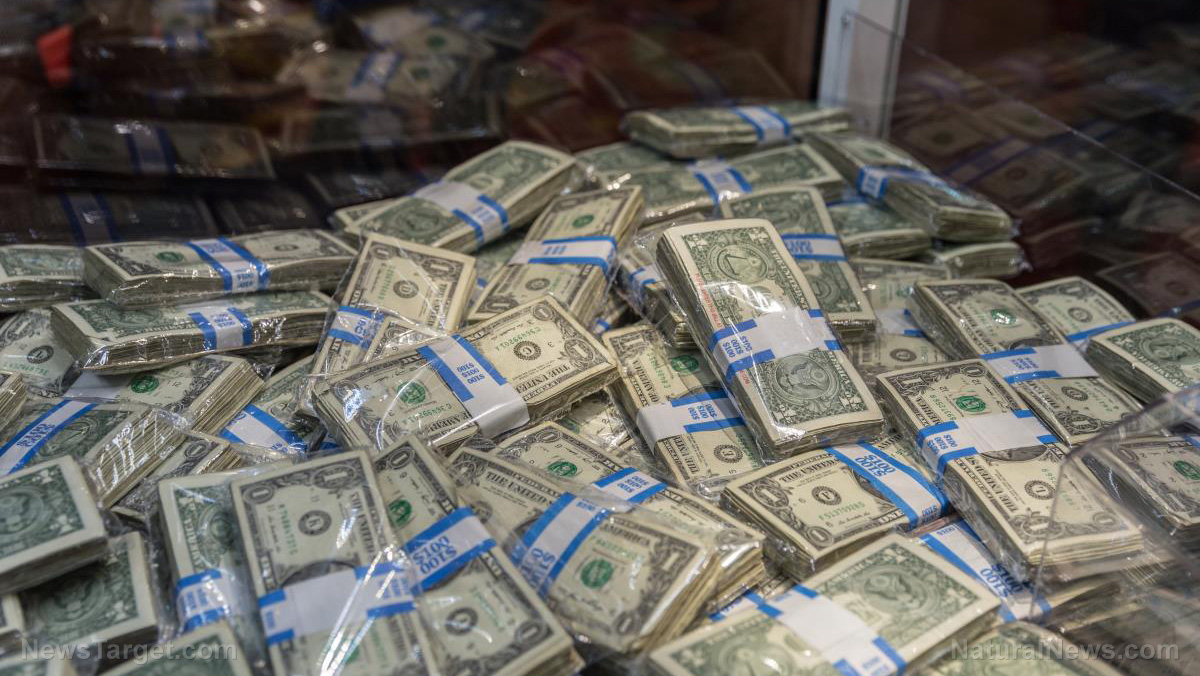FTX legacy? JPMorgan explores blockchain-based deposit token as new payment vehicle… backed by the bank itself
09/14/2023 / By Belle Carter
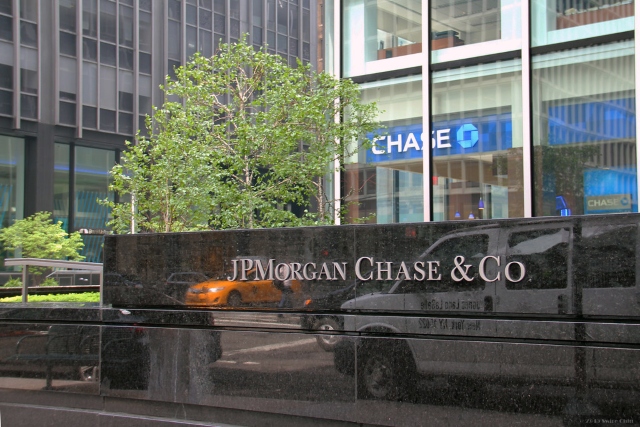
JPMorgan Chase & Co. is exploring a blockchain-based digital deposit token so that it can hasten cross-border payments, a move that pushes the institutional adoption of blockchain technology.
According to a person familiar with the work who asked not to be identified, America’s largest bank by assets has already developed the majority of the underlying infrastructure for the new payment vehicle to work. It is just waiting on final approval from U.S. regulators before actually creating the token. But the source said that once JPMorgan gets the approval, it will likely launch the product for use by corporate clients within a year.
“Deposit tokens bring plenty of potential benefits, but we also appreciate that regulators would want to be thoughtful and diligent before any new product gets developed and used,” the bank’s spokesperson said in a statement. “Should that appetite develop, our blockchain infrastructure would be able to support the launch of deposit tokens relatively quickly.”
A deposit token is like a digital version of someone’s deposits in a bank. These are issued on a blockchain by a depository institution to represent the deposit position, making them more accessible than traditional deposits as settlement is instantaneous. Aside from the “convenience,” the tokens offer to make transactions cheaper.
JPMorgan already piloted issuing the said tokens in a single transaction last year as a part of the Monetary Authority of Singapore’s Project Guardian, highlighting the potential of this form of money in a recent study. The project saw the New York City-based financial firm as well as Singapore’s DBS Bank and Japan’s SBI Digital Asset Holdings conduct foreign exchange and government bond transactions against liquidity pools made up of tokenized Singapore Government Securities Bonds, Japanese Government Bonds, Japanese Yen (JPY) and Singapore Dollars (SGD).
So, the bank is considering enhancing its efforts toward blockchain and cryptocurrency adoption especially now that there is a rise in recent filings of multiple crypto-related exchange-traded fund (ETF) applications by some of the world’s largest asset managers, including BlackRock and Fidelity. “It is another sign that large corporations continue to build their blockchain capabilities during this bear market,” said Markus Thielen, head of research and strategy at Matrixport.
The new deposit token is said to be different from the bank’s JPM Coin released in 2019, which is already used by corporate clients to transfer dollars and euros within the financial institution. The coin has been used to process around $300 billion of transactions since its launch. Meanwhile, the token will allow transactions with other banks and can be used in different forms of settlements on a blockchain, including trades of tokenized securities.
Also, as per the bank source, should the regulators approve, the new deposit token could later be offered in other fiat currencies. It is not intended to be used for purchasing cryptocurrency or as a replacement for stablecoins and is strictly intended to be used within the traditional financial system, for payments, settlements and similar functions.
“We believe deposit tokens will become a widely used form of money within the digital asset ecosystem, just as commercial bank money in the form of bank deposits makes up over 90 percent of circulating money today,” the bank representative said. “The token form will benefit from connectivity to traditional banking infrastructures and regulatory safeguards that already support commercial bank deposits.”
Crypto hesitance from last year’s chain of collapses
However, many firms are still hesitant to deal with crypto after FTX Trading Ltd., commonly known as FTX, a cryptocurrency exchange and crypto hedge fund went into a sudden and controversial bankruptcy. After the declaration of insolvency, Sam Bankman-Fried, the firm’s founder and ex-CEO was arrested in The Bahamas following a possible hack in which about $500 million worth of tokens were stolen. He was then extradited to the United States in late December. (Related: Former multibillion-dollar crypto firm FTX files for bankruptcy.)
The public’s fear of the deposit tokens JPMorgan is experimenting with is that they are backed only by itself and nothing else. What if the bank gets hit by a shortage of cash or liquid assets to meet its financial obligations due to high demand for the service? This is not impossible, especially since the nation’s bank giant has been promoting it. Other factors could cause a crisis such as poor management decisions, a sudden loss of investor confidence, or an unexpected economic shock.
This also happened with FTX back in November 2022, prior to the collapse. It faced a liquidity crisis and searched for bailout funds. Its Rival exchange Binance considered buying portions of the company but quickly backed out.
Critics believe that the crypto market will always be volatile especially when the platforms are not private and secured and only backed by their own bank.
Visit CryptoCult.news for more news about the collapse of cryptocurrency.
Sources for this article include:
Submit a correction >>
Tagged Under:
bear market, blockchain, Bubble, Collapse, cross-border payments, crypto cult, currency crash, deposit token, digital coin, digital money, digital payment, economic riot, ETF, finance riot, FTX, instant payments, JPMorgan, money supply, payment vehicle, risk, traditional deposits
This article may contain statements that reflect the opinion of the author
RECENT NEWS & ARTICLES
COPYRIGHT © 2018 MONEYSUPPLY.NEWS
All content posted on this site is protected under Free Speech. MoneySupply.news is not responsible for content written by contributing authors. The information on this site is provided for educational and entertainment purposes only. It is not intended as a substitute for professional advice of any kind. MoneySupply.news assumes no responsibility for the use or misuse of this material. All trademarks, registered trademarks and service marks mentioned on this site are the property of their respective owners.



